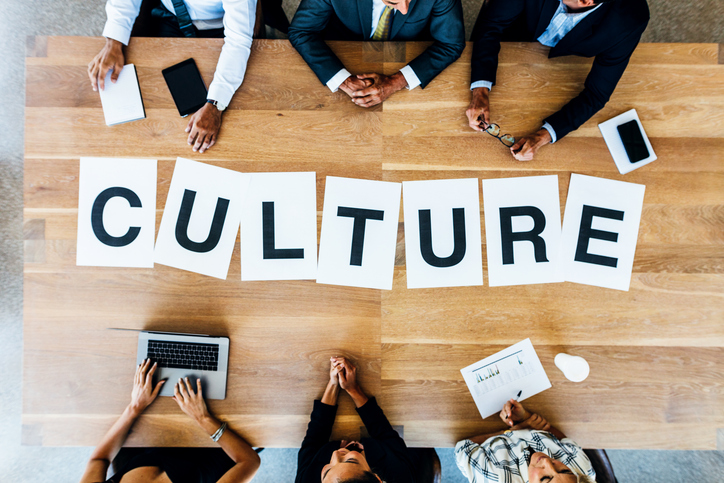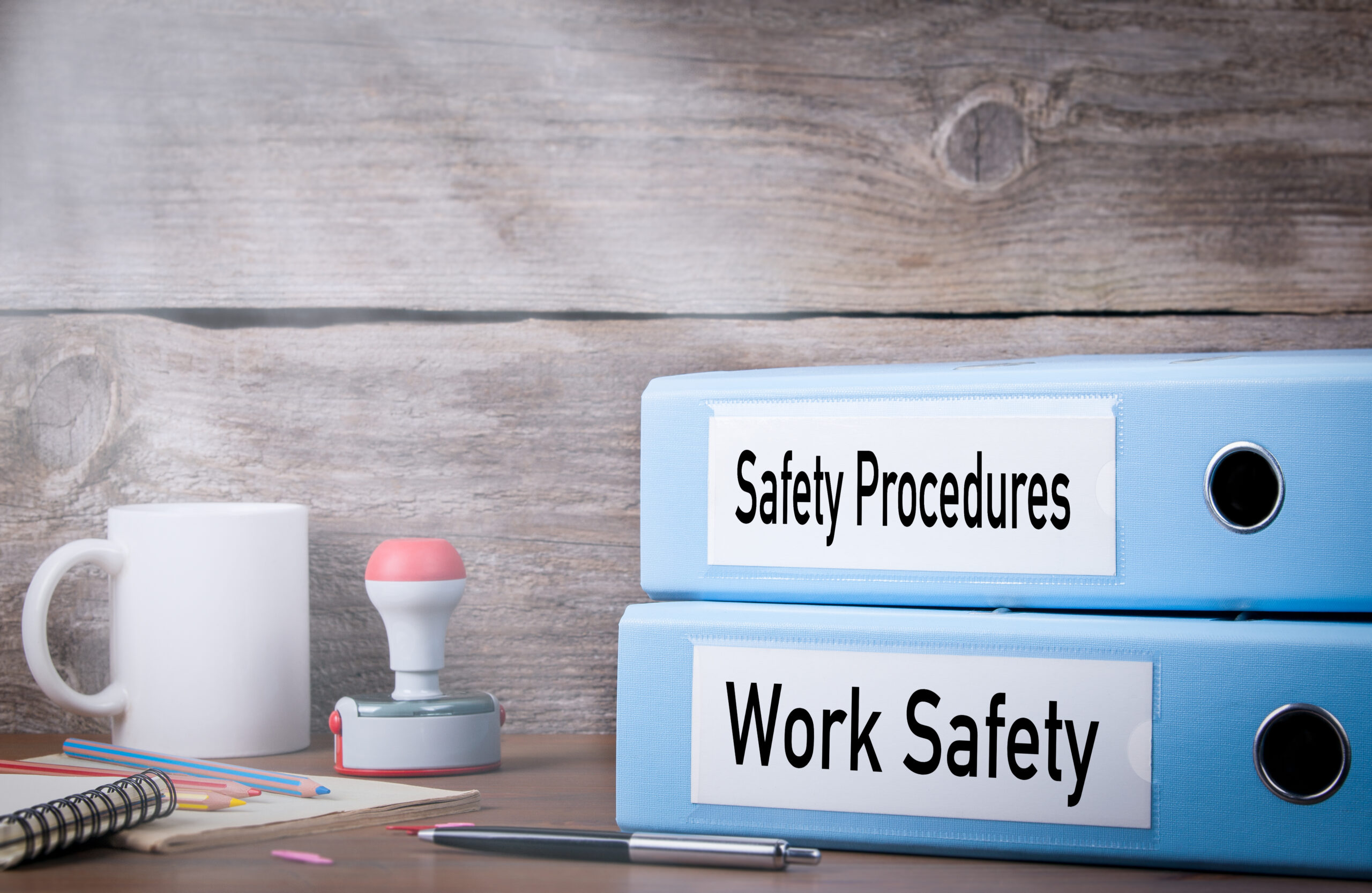Forty-eight million people quit their job in 2021, the highest annual number. The Great Resignation continued into 2022 and will continue to be a massive threat to organizations unless they make a significant internal change. Many people may assume that so many millennials and Gen Z employees are leaving their jobs because of their pay. This, however, is not the case. Younger generations are demanding more from a potential company than any other generation in the workforce, wanting to see a shift in how people work and how it’s viewed. Millennials will make up 75% of the workforce in 2025 and Gen Z will make up the rest, therefore companies will have to start to make the change now to obtain and retain top talent. Let’s dive into the three demands that millennials and Gen Z workers want companies to prioritize.
Sustainability efforts
As climate change continues to worsen, millennials have become extremely outspoken about wanting to make a change by taking action and has been the biggest factor in driving this movement. Every aspect of life has an environmental impact, from how people eat to how a company is run, which is why millennials and Gen Z are so persistent to only work for a business that is working towards a greener future. They want to make a change in any way possible and since work consumes a majority of people’s day to day life, people coming into the workforce want to put their effort into a company that is doing something to better the planet. Almost 40% of millennial workers have chosen a job in the past because the company had a solid sustainability program in place compared to 17% of baby boomers. In addition, both generations are more likely to stay with their employer for five years or more if they are satisfied with the company’s environmental and societal impact. Clearly, there has been a shift in the desire for companies to prioritize sustainability in their core values and organizations will have to adjust to acquire top talent.
Mental Health and Work-life balance
The pandemic undoubtedly has had a significant effect on almost every aspect of life. It has changed the way we live as well as how we view major aspects of society. One of the most dramatic shifts we have seen as a result of the pandemic is how we work. COVID-19 caused everyone to isolate themselves in their homes and restricted them from going into the office, forcing employees and companies to figure out a new way to work. Now, after a few years of trial and error, companies and their employees have created a system to be productive and efficient from the comfort of their own homes. One of the biggest benefits in this transition is the flexibility in people’s day to day life. Everyone has many different obligations and personal situations that they can now navigate and handle during the day, whether it be staying at home with their children or going to a doctor’s appointment. This has helped reduce the stress among many employees and improved people’s mental health. Due to this, organizations such as Spotify, Lyft, etc. have permanently switched to hybrid or remote work for their employees. Both employers and employees have realized that we can still be productive while still attending to personal matters during working hours. As a result, people’s mental health has improved due to having a more equal work-life balance. Millennials and Gen Z, who have been a major driving force in advocating for mental health support, are putting more pressure on employers to actively change their company culture and improve the mental health of their employees. Both generations “are also willing to turn down job offers that don’t align with their values.” In order to employ top talent, companies will need to implement a working and effective DEI system that is intended to make a difference.
Culture Fit
The pandemic has also shifted the way we treat each other at work and how we should be treated… Many aspects that have stayed the same for years and the pandemic has upended the traditional way of working that hasn’t changed in years. The need for organizations to become a truly healthy workplace has become more of a priority and an essential shift that needs to happen. In addition, “the need to adapt quickly and remain flexible during the pandemic has also revealed the ineffectiveness of a top-down leadership approach.” People have realized that the systems that have been in place are just items that leaders can check off on a list, which don’t affect company culture. Some companies have already started to make a shift, however this needs to happen on a wider scale, across the entire employee experience.
It’s a no brainer; companies must adapt to the new way of working and the new norm to be successful and keep up productivity among employees. All three of the above priorities are necessary in retaining top talent and to have a motivated, successful and happy team.
For more information on creating a healthy workplace culture, download our tipsheet here. Want to understand how and what your workforce is thinking about your culture? Learn from our experts and get a free personalized demo of Emtrain’s eLearning and data-driven solutions.









